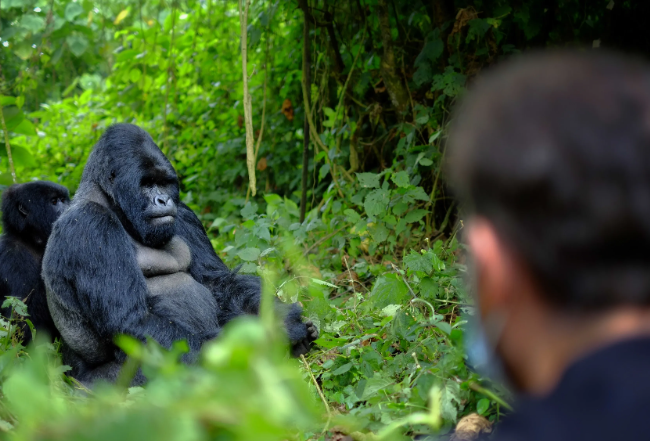The Role of Gorilla Tourism in Local Economies
Gorilla tourism has emerged as a powerful tool that not only attracts wildlife enthusiasts from around the globe but also plays a significant role in uplifting local economies. As demand for unique wildlife experiences grows, communities surrounding gorilla habitats are seeing substantial economic benefits. This article explores how gorilla tourism impacts local communities and why it matters.
Economic Benefits of Gorilla Tourism
Gorilla tourism generates substantial revenue for local communities and national parks. Tourists flock to locations like Uganda, Rwanda, and the Democratic Republic of Congo, where they pay hefty fees for permits to see these magnificent creatures in their natural habitat. This revenue often translates into improved infrastructure, such as better roads, healthcare facilities, and educational opportunities. Local businesses, ranging from hotels to restaurants, also profit from the influx of visitors, creating jobs and stimulating economic activity in previously underdeveloped areas.
Conservation Awareness and Its Impact
The rise in gorilla tourism has sparked greater awareness and initiatives aimed at conservation. As more tourists visit, there is an increased interest in protecting gorilla habitats and the biodiversity around them. Communities often participate in conservation efforts, realizing that healthy ecosystems lead to sustainable tourism. Programs that educate locals on the importance of preserving gorilla populations not only empower them but also ensure that tourism remains a viable economic option for years to come.
Community Involvement and Empowerment
Local communities play a crucial role in the gorilla tourism experience, which fosters a sense of ownership and pride. In many regions, tour guides are often locals trained in wildlife conservation and cultural knowledge. This engagement provides community members not only with employment opportunities but also a platform to share their culture and stories with visitors. Furthermore, a portion of tourism profits is often reinvested in community projects, ensuring that the benefits of gorilla tourism are felt beyond just the tourism sector.
In conclusion, gorilla tourism is more than just an adventure; it is a lifeline for many local economies. By supporting sustainable tourism practices and promoting the conservation of these magnificent creatures, we can contribute to the well-being of both the gorillas and the communities that depend on them. If you’re interested in learning more about this impactful sector of tourism, consider planning your own trip to witness these incredible animals and support local conservation efforts directly.

